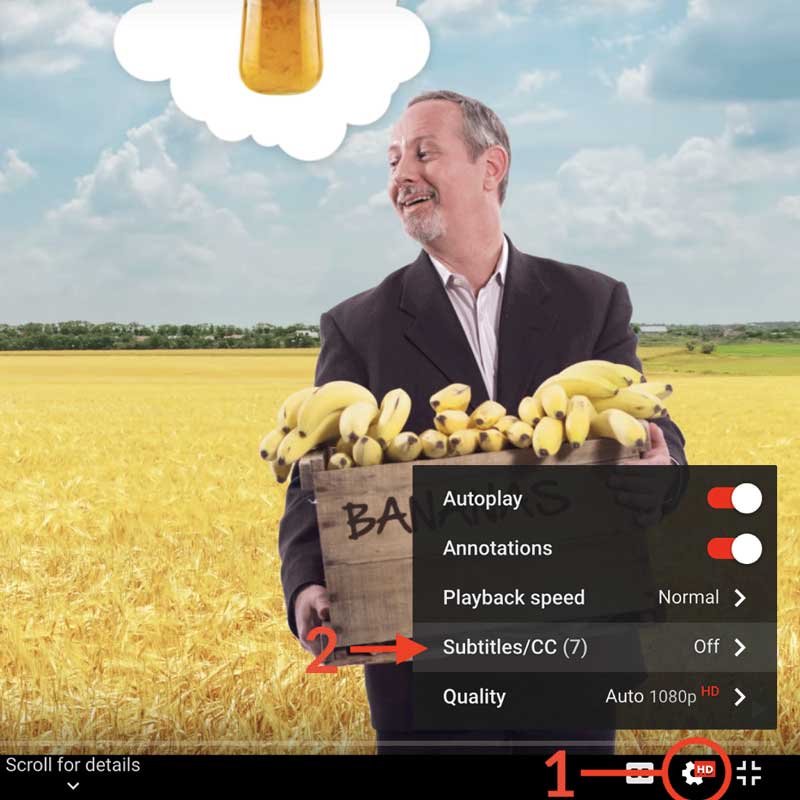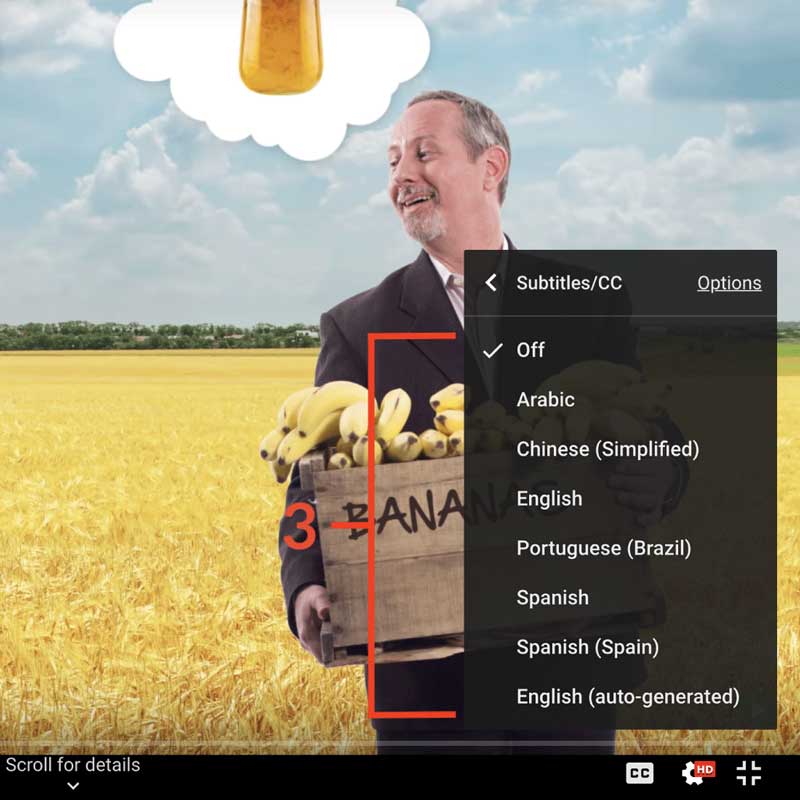Human Capital
Course Outline
Human Capital
Human Capital: The knowledge, habits, and skills that make workers able to create economic value. This is from the video “Human Capital and Signaling” in the Principles of Microeconomics course.
Teacher Resources
Transcript
As we discussed in the last video, people in the United States are very lucky to be able to work in a productive economy, an economy that raises their wages well above the world average, regardless of skill. Within the United States, however, or any country, some workers have relatively low wages and others much higher wages. Let's take a look at one of the reasons why.
As we saw in the last video, people in the United States are very lucky to be able to work in a productive economy that raises their wages well above the world average, regardless of skill. Within the United States, however, or any country, some workers have relatively low wages and others much higher wages. What accounts for these differences? Well, one reason is differences in human capital. Physical capital is things like tools and tractors and software, things that make people more productive. Human capital is tools of the mind, the stuff in people's head that makes them productive. And just as with physical capital, producing human capital requires investment, training, experience, and especially, formal education. Let's take a closer look at the effect of education on earnings.
So here's some data on the association between education and earnings level. In modern times, somebody without a degree, without a high school degree, they're earning just over $20,000 a year. High school graduates may be about $30,000 or a little bit more than that. Somebody with a bachelor's degree -- they're earning more than average, about $50,000 a year, on average, even more with a master's or a professional degree. Moreover, what the data on the right shows is that the return to a college education has increased over time.
During the 1960s and the 1980s, for example, people who had a college degree, they did better than people with a high school degree. They earned about 1.5 times as much. Over time, however, that ratio has increased, so now people with a college degree earn about double what people with a high school degree earn. So it's important for wages to have an education, and it's increasingly important over time.
Why has the return to human capital risen so much? Some economists believe that it is the ability to work with computers. Workers who were able to take advantage of information technology, workers whose skills are complimentary with computers or information technology can become much more productive and to the extent that education helps us to produce these skills -- that would explain a rising return to education.
Globalization has also made markets larger and that has helped high-skilled workers. In the world, as a whole, high-skilled workers are scarce, but relative to the rest of the world the United States has a lot of high-skilled workers. So globalization has increased the returns to the scarce factor -- high skill, and that has worked in favor of U.S. workers, on average. At the same time, globalization has been less good for low-skill U.S. workers who now find themselves in competition with low-skilled workers from the rest of the world.
Keep in mind that one reason the college to high school wage has gone up is that the earnings of college graduates have gone up. But another reason is that the earnings of high school graduates haven't gone up, or indeed have gone down a little bit. So for all of these reasons human capital is becoming more important. Not any human capital pays, however. The returns of different college majors differ dramatically.
So over here on the left, we see the highest paying college majors. These are the median lifetime earnings, and what you can see over here it's engineering, engineering, engineering, engineering, engineering. It doesn't matter what kind of engineering -- chemical engineering, aerospace, electrical, mechanical, civil, and so forth. You get the idea. Economics actually does really well. It's the highest paid degree outside of kind of the STEM degrees.
Here's the average, and down here are the degrees which pay less than the average degree. So here is the liberal arts. Here, for example, is a psychology, art history, music degrees, studio arts, and so forth. These degrees are going to pay less. They're still going to pay more, however, than being a high school graduate and quite a bit more over a lifetime, but it does matter what kind of degree that you get. Even though chemical engineers earn more than art history majors, you might be surprised that art history majors earn more than high school graduates.
Why is this? After all, most art history majors don't get a job in which they use their knowledge of art history. One reason is that not all of the return to earning a college degree is due to human capital. Rather than increasing productivity, a college education may simply signal that the person getting the degree has certain attributes, perhaps IQ, conscientiousness, ability to work with others, grit, and so forth. Education in this view is like competing in a triathlon, an Iron Man. Competing in an Iron Man won't increase your productivity in a sit-down office job, but you may want to put that accomplishment on your resume anyway, because it does signal that you are determined, and also healthy by the way.
One interesting piece of evidence that signaling is important is that a large part of the return to a college degree comes on the day that you get your degree. This is often called the "Sheepskin Effect," because diplomas used to be written on sheepskin. So think about two students, two workers, one of whom has a four-year degree - they've completed it, the other of whom has all the same courses, except they're missing just one credit hour. They don't have the sheepskin. In terms of learning, these students ought to be virtually identical. They're human capital. It's nearly identical and yet, on average, the one with the degree, the one with the sheepskin, earns more, a lot more. The signal of completion seems to matter more than the learning.
So there's an important lesson here, and that is: finish your degree. If you don't finish your degree, you may end up with a lot of debt and very little to show for it. That's the lesson of the Sheepskin Effect. Okay, next we'll turn to looking at compensating variations, and then we'll move on to discrimination.
Subtitles
Thanks to our awesome community of subtitle contributors, individual videos in this course might have additional languages. More info below on how to see which languages are available (and how to contribute more!).
How to turn on captions and select a language:
- Click the settings icon (⚙) at the bottom of the video screen.
- Click Subtitles/CC.
- Select a language.


Contribute Translations!
Join the team and help us provide world-class economics education to everyone, everywhere for free! You can also reach out to us at [email protected] for more info.
Submit subtitles
Accessibility
We aim to make our content accessible to users around the world with varying needs and circumstances.
Currently we provide:
- A website built to the W3C Web Accessibility standards
- Subtitles and transcripts for our most popular content
- Video files for download
Are we missing something? Please let us know at [email protected]
Creative Commons

This work is licensed under a Creative Commons Attribution-NoDerivatives 4.0 International License.
The third party material as seen in this video is subject to third party copyright and is used here pursuant
to the fair use doctrine as stipulated in Section 107 of the Copyright Act. We grant no rights and make no
warranties with regard to the third party material depicted in the video and your use of this video may
require additional clearances and licenses. We advise consulting with clearance counsel before relying
on the fair use doctrine.
